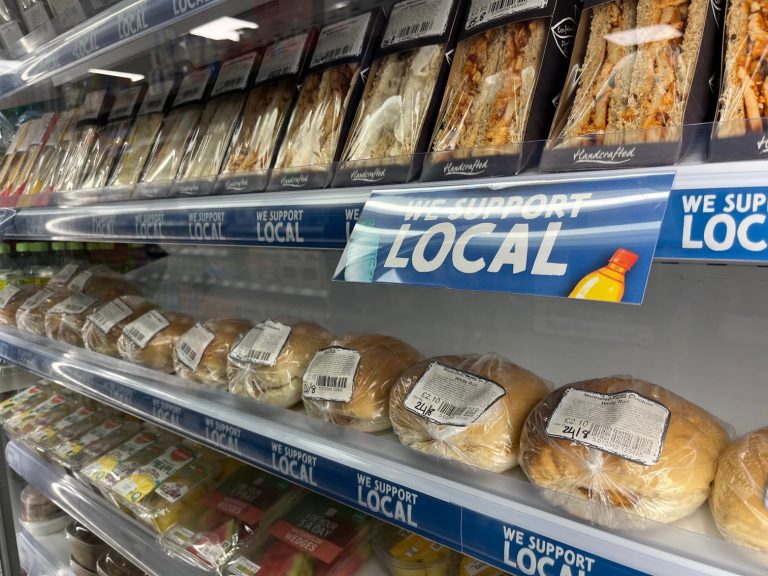The Scottish Grocers’ Federation (SGF) has berated the UK government’s decision to introduce tough advertising restrictions on junk food, claiming it was “another blow” for multiples and suppliers, and that the increasing number of constraints on product lines would ultimately reduce footfall to local stores.
The UK government confirmed last month that a 9pm watershed on TV advertising and a total ban on paid-for online advertising of foods high in fat, salt or sugar, would come into force on 1 October 2025.
Public Health Minister Andrew Glynne said in a statement:
“We want to tackle the problem [of childhood obesity] head on and that includes implementing the restrictions on junk food advertising on TV and online without further delay. … These restrictions will help protect children from being exposed to advertising of less healthy food and drinks, which evidence shows influences their dietary preferences from a young age.”
He stated that the government had hit “a key milestone” by publishing its response to the 2022 consultation on the draft secondary legislation.
While convenience retailers advertising HFSS products on their own social media pages fall outside the scope of the legislation, the rules would clearly still have an adverse impact on the sector, claimed SGF.
Chief Executive, Dr Pete Cheema OBE, said: “While we expect most of our independent retail members to be beyond the scope of the watershed restrictions, the indirect impact of the advertising ban is yet another blow for multiples, producers, and the wider supply chain. All of which are critical to UK jobs and the economy.
“SGF believes in responsible community retailing and convenience stores provide an array of essential services for their customers. However, the ever-growing burden of regulations and restrictions, across a wide range of product lines, has the inevitable effect of reducing overall footfall, making local stores less viable and putting those lifeline services at risk.
“We desperately need a more joined-up approach from the government, and ministers must start focusing on education and public awareness to improve public health, rather than tighter and tighter restrictions on well-meaning and essential local businesses.”







